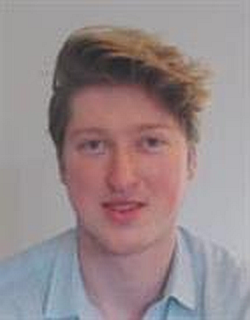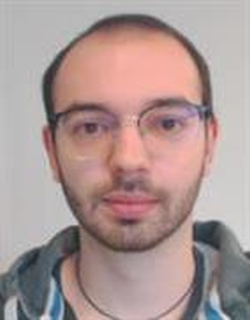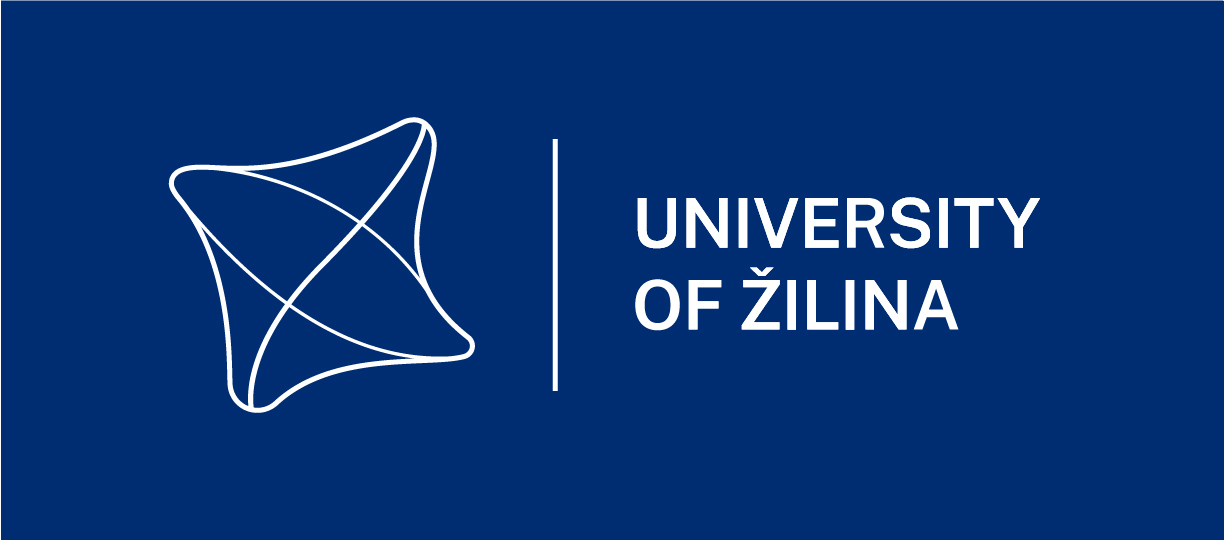Tutorials
Generalised Linear Mixed Models
tba
Liberato Camilleri studied Mathematics and Statistics at the University of Malta. He received his PhD degree in Applied Statistics in 2005 from Lancaster University. His research specialization areas are related to statistical models, which include Generalized Linear models, Latent Class models, Multilevel models, Item Response models, Generalized Estimating Equations and Survival models. Liberato has co-authored three books and around 150 publications with local and foreign researchers in several fields of application including neural networks, operations research, market research, education, SEBD, health and atmospheric chemistry. His most valued publications include SEBD in Maltese Schools - A Multilevel model; Bias of Standard Errors in Latent Class Model Applications using Newton-Raphson and EM Algorithms; Latent Class Mixture models for analyzing rating responses; Models for Market Segmentation; Assessing the Performance of Information Criteria to determine the optimal number of segments in a Latent class framework; Standard error estimation in EM applications related to Latent Class models; Latent Class Analysis for segmenting preferences of investment bonds (best paper award).
Liberato has participated in a number of funded projects– CONSENT funded by FP7, RESPIRA financed through the Italia-Malta 2007-2013 fund; Digital and Video Game usage in Malta commissioned by the University of Malta in collaboration with the Malta Communication Authority (MCA); Evaluation of School based Prevention Programmes commissioned by the National Commission on the Abuse of Drugs, Alcohol and Other Dependencies; Manual of Standardized Tests for Dyslexia commissioned by the Directorate for Quality and Standards in Education, University of Malta and the MATSEC Board; Trends in Food Consumption by Maltese Adults funded by Malta Standards Authority (MSA); He was also commissioned to write a number of national reports by the Maltese Ministry of Education and Employment which include considerable statistical analysis - PIRLS 2011 and 2015 reports; TIMSS 2011, 2015 and 2019 reports; European Survey on Language Competences 2010 report; PISA 2009, 2015, 2018 reports; and ICCS 2009 and 2016 reports. Liberato is also an associate editor of the local science journal XJENZA.
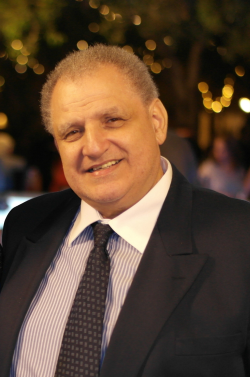
Maths and Physics Building
Faculty of Science
University of Malta
Msida, Malta
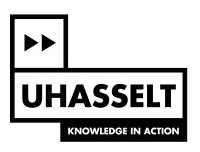


Virtual Nuclear Simulator (ViNuS) in Education
Abstract
To train engineering students to operate safely in a nuclear or nuclear-medical environment, the faculty of Informatics (Expertise Centre for Digital Media) and the faculty of Industrial Engineering (NuTeC) are developing a Virtual Reality (VR) training environment within the ViNUS (Virtual Nuclear Simulator) IOP-project. In this VR-environment, the student will be confronted with the risks and consequences of decisions they make. This way they learn to take the decisions in a reasoned manner. The VR-environment forms a powerful tool to prepare for actions on nuclear sites or laboratory exercises and allows to form a bridge between the laboratory and industrial practices. With these VR modules international students can be prepared for nuclear sites or international training schools. The tool can also be used to confront high school students with the (medical) nuclear environment and safety culture in a safe and secure manner. Through a modular approach, we foresee the translation to other practices or target groups in the future.
Target Audience
If you think Virtual Reality would be a useful tool within your institution for training of (future) employees or if you are simply interested in the new VR technology, this workshop will be suited for you. It is a chance to experience a whole new virtual environment.
Workshop
The workshop will be given three times on the second day of the conference. We foresee 3 timeslots, each about an hour and a half. In each session there will be place for 10 participants. The workshop will start with a short theoretical introduction about the ViNuS project and its technical aspects. The second part will be a hands-on experience of the different modules developed with our VR-headsets. Within the ViNuS project, we have developed different scenarios aimed on the training of future professionals in the nuclear and medical-nuclear sector. These rather large scenario’s will be cut into several short modules, we will use a pass-through system in order to give each participant the chance to experience all the different modules.
Timetable June 1ST, 2023 (preliminary)
- 10.30 - 12.00 Workshop session I
- 12.00 - 13.30 Break
- 13.30 - 15.00 Workshop session II
- 15.00 - 15.30 Break
- 15.30 - 17.00 Workshop session III
Curricula Vitae
You can read the curriculum vitae of Wim Eerdekens here in pdf format  ,
and the curriculum of Jeroen Ceyssens here in pdf format
,
and the curriculum of Jeroen Ceyssens here in pdf format  .
.
You can indicate your interest for the tutorial here.
Tutorial Proposals
Tutorials for ISC'2023 can be proposed in the following three categories:
- T1- Introductory Tutorials
- T2- State of the Art Tutorials
- T3- Software and Modelware Tutorials
Tutorial proposals should be emailed to Philippe.Geril@eurosis.org, by indicating the type of tutorial you would like to suggest. (T1, T2 or T3) before JANUARY 10, 2023. A confirmation email will be sent to verify that the proposal was received.
Examples of topic areas for tutorial proposals should mirror the topics in the list of conference themes and workshops.
Proposals must be submitted electronically via e-mail, as plain text or in PDF. The tutorial submission should be contained within five pages. Various parts of the proposal for accepted tutorials may be edited for incorporation in the Advance Program.
When preparing a tutorial submission, please consider the suggested template (to be linked later).
Financial Terms
An accepted conference university tutor receives a free conference registration plus a free publication of his tutorial paper. University tutorial presenters will receive also an honorarium depending on the number of attendees registering specifically for the tutorial outside the conference registrants. The precise amount of the honorarium will be determined immediately after the early registration deadline.
Tutorials that have less than 8 early registrants will face the risk of cancellation.
Tutorial Selection Committee
The proposals received will be reviewed by the Selection Committee to ensure a high quality and appropriate mix for the conference. The goal of the Selection Committee is to provide a diverse set of tutorials that attract a large interest among the broad segments within the diverse simulation community.
